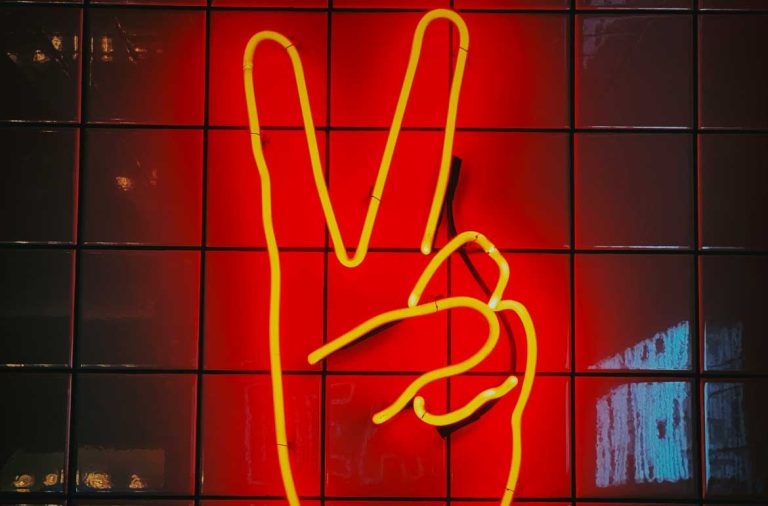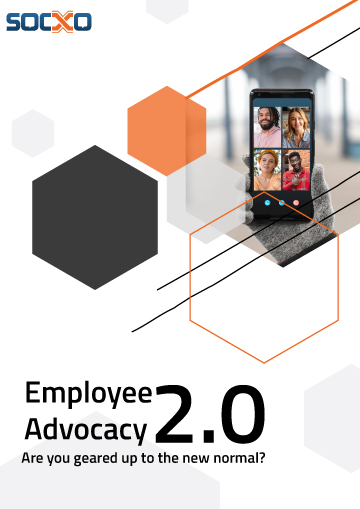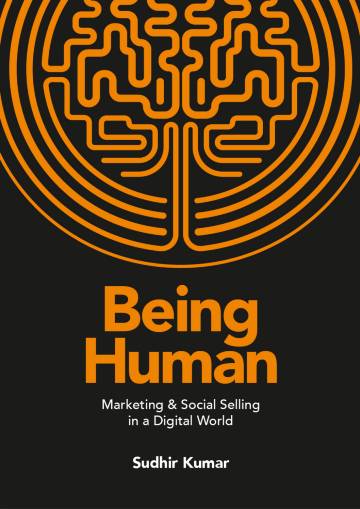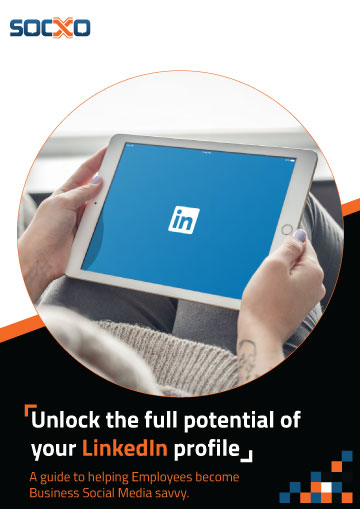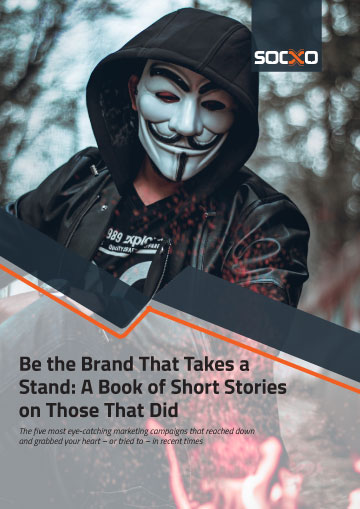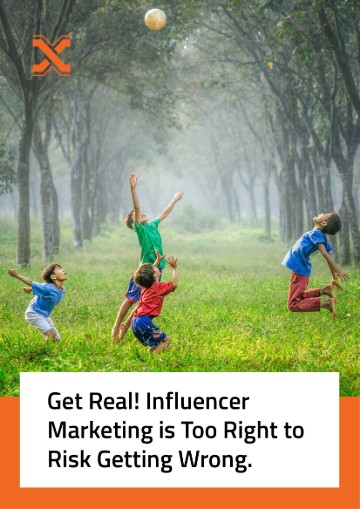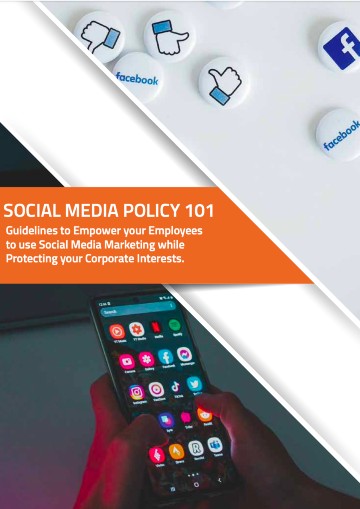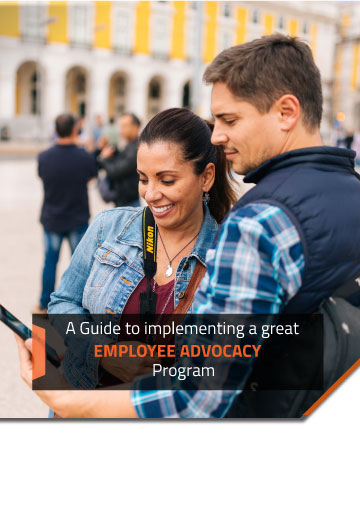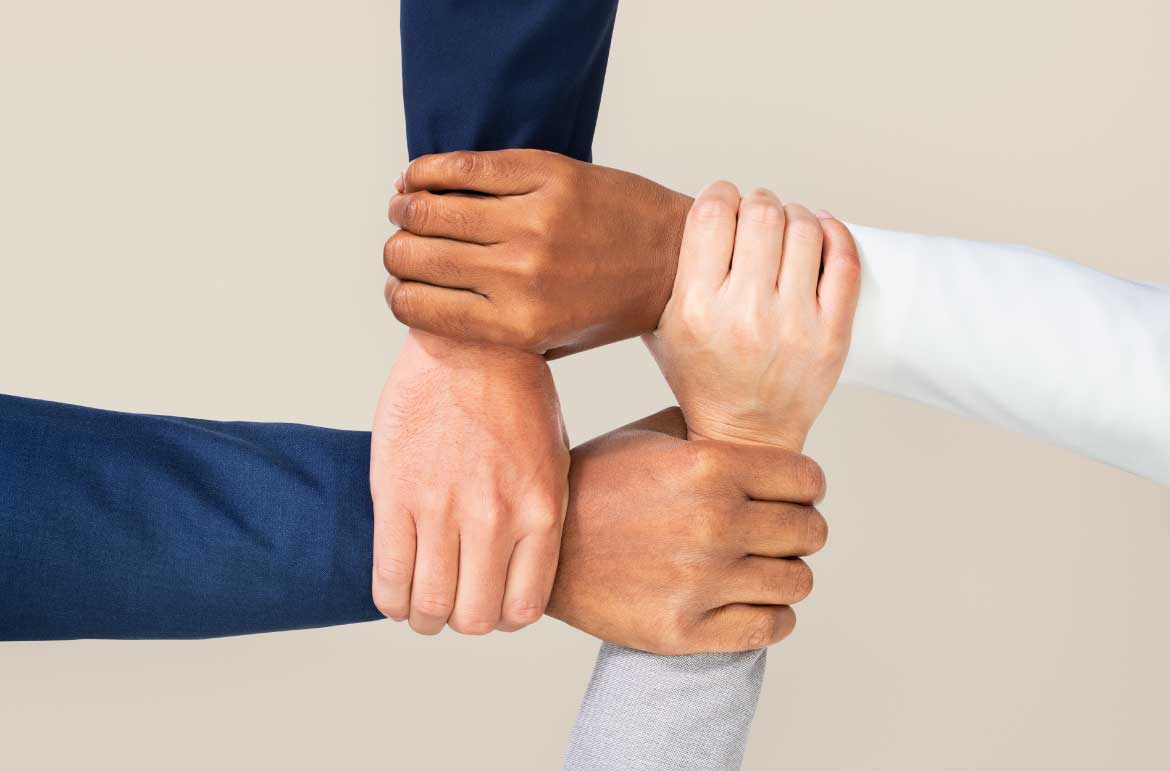
Introduction
Barbara Kimmel, a well-known name in business consulting, said: “Trust starts with trustworthy leadership.”
Edelman, the global communications company, conducts a Trust Barometer survey each year on a global scale, and 2023 marks the 23rd year of this tradition. The Edelman Trust Barometer 2023 covers over 32,000 respondents from 28 countries expressing their stand and level of trust in the four key institutions that influence the world order:
- Businesses
- Governments
- Media
- Non-Profits
Understanding how and to what extent the general public trusts these institutions is key to paving a path toward a better future. It is pivotal in informing the strategies that drive the economies, cultivate culture, and shape better societies.
The Edelman Trust Barometer 2023 brings to light the stark divarication society is experiencing this year in numbers.
This article discusses the following points with regard to the 2023 Edelman Trust Barometer:
- The Pillars of Trust in 2023
- The Economic Front
- The Personal Front
- A Tipping Scale
- A Polarization of Trust in 2023
- Questioning the Leadership
- Polarization at The Root of Distrust
- The Public Perspective of Businesses
- Looking Past the Polarization
- United We Stand, Divided We Fall
The Pillars of Trust in 2023
What emerged in 2013 as a crisis for leadership seems to have handed the baton over to businesses over the years leading to 2022 as the “most trusted” institution expected to lead today. In the cycle of distrust, as noted by the trust survey in 2022, businesses still hold a critical position in the public eye, shouldering the responsibility to lead the movements and spearhead causes.
This year as well, public trust remains largely with businesses; however, societies are more polarized than ever before. Four mammoth stanchions have emerged as the driving forces for this divergence amongst the public, resulting in trust scores (in various categories) being lower than ever seen before.
The Economic Front
As the world slips further into the news of an anticipated recession in the coming years, the economic optimism in people’s minds has reached a new low. In the Edelman survey, 24 out of the 28 countries reported that a majority of their people think their families wouldn’t do any better in the coming years.
Kenya, Indonesia, India, UAE, and Nigeria had the greatest number of people admitting to economic pessimism: 80%, 73%, 73%, 72%, and 68%, respectively. China was the only country to score a positive in the survey, with Sweden trailing close behind with a neutral score. According to these numbers, the public outlook on the global economy isn’t faring well.
The Personal Front
While there are far more economic safeguards and work opportunities today than a couple of years ago, people’s anxieties soar high on the personal front. According to the Trust Barometer Report 2023, 89% of the global population is worried about losing their jobs, followed by 76% concerned about climate change.
Inflation is the next cause of worry for the global populace, clocking in at 74%. Issues like nuclear warfare, food, and energy shortages also end up on the distrust roster, leaving much for the governance and corporations to ponder. Existential crises have now become one of the leading concerns for the public, impacting their trust in the institutions that are in power and position to act.
A Tipping Scale
Considering the four major institutions that impact population trust (Government, Business, NGOs, and Media), the public trust index seems to be doing better for only businesses. The trust index has dropped significantly for media and NGOs since the figures were reported in the past year.
Public trust in media has shown a continuously declining trend over the years. In 2023, the trust score dropped by a further one point, landing media at neutral at a score of 50 this year. The second most significant drop is recorded by NGOs, with a similar one-point drop since last year.
Additionally, while government and business show no real change in their scores mathematically, the former is far less trusted this year by the public than the latter. Businesses stake in a score of 62 on the index, with government at 51 – which highlights the gaping divide of 11 points between them. The public seems to be more trusting in businesses than any other institution.
The countries leading these tipping scales are Indonesia, India, and UAE, with 83%, 82%, and 78% of their populations trusting businesses more than governments. Conversely, China and Singapore lead the bandwagon by placing higher trust in their governments than in businesses.
A Polarization of Trust in 2023
Fuelled by the unsettling economic opinions and existential crises that the world is experiencing, two distinct sects of belief have emerged with polarized trust in two specific institutions- government and business.
25 countries participated in the question of whether or not an institution could be trusted regarding the trustworthiness of the information. The results that came to light have created cavernous gaps between the scores of Government-Media and Business-NGOs.
46% of the people voted government to be a false or misleading source of information, trailed closely by Media standing at 42%. The trust in these institutions is going downhill, and the global social issues fuel the distrust.
On the other hand, 48% of the people voted for businesses to be reliable and trustworthy sources of information. NGOs led with a 51% trust where the reliability of information was concerned. These numbers highlight a 10+ point gap in trustworthiness.
Questioning the Leadership
The rift of polarization can also be spotted in the public opinion of leadership. While most people agreed that businesses are the most trusted institution relatively, the same wasn’t necessarily true for the respective leadership.
41% of the people breed distrust for the leadership in government, the change over the past year dipping down by a further point. While the leaders in media do not fare any better (with 47% of people trusting the leadership), this institution doesn’t record significant change since the last year. However, the trust in business leadership (CEOs) has declined by 2 points, coming down to a low of 48%.
On a positive note, people have now placed significant trust in their scientists, with 76% of the respondents agreeing. This has seen a one-point increase since the last year. The score is closely followed by co-workers gaining the most trust, standing at 73%.
Polarization at The Root of Distrust
One of the starkest observations the report has highlighted is that distrust in the government and lack of shared identity is the most prominent drivers of polarization today. Surprisingly enough, a cyclical pattern has emerged, suggesting that distrust in institutions influences polarization, but the reverse also holds true. Polarization further works to enhance distrust.
The table below highlights the percentage of people who have opinions on the degree of divergence/polarization based on the institutions they trust most:
| Institutions | Not Very Divided | Divided But Not Severely | Polarized |
| Businesses | 68% | 67% | 50% |
| NGOs | 64% | 65% | 49% |
| Media | 57% | 53% | 34% |
| Government | 63% | 50% | 27% |
As is noticeable, the trust index is lowest where the degree of polarization or divergence is high. In fact, in a more generalized question where the respondents were asked if the world was more divided today than in the past, 53% agreed.
The Public Perspective of Businesses
Even with the polarization, NGOs and businesses are emerging as the perceived most ethical and competent institutions with sustained improvement over the past years. While businesses demonstrated a stellar rise in ethics from (-2) points in 2020 to 18 points in 2023, the perceived competence has diminished slightly from 14 points to 11 between 2020 to 2023.
This isn’t the only front where the central responsibility of ethics and competence is placed on business. Even amongst the polarized faction, businesses own 50% of trust, second only to My Employer, with 69% of the public trust.
“My Employer” as an entity garners a large portion of public trust amidst all factions.
| Entity | Not Very Divided | Divided But Not Severely | Polarized |
| My Employer | 81% | 81% | 69% |
| Business | 68% | 67% | 50% |
| NGO | 64% | 65% | 49% |
| Media | 57% | 53% | 34% |
| Government | 63% | 50% | 27% |
Given the rise of social inclusivity, and environmental and sustainability movements, businesses are reported to be pressured by consumers and employees to stand up for them.
63% of the respondents agree that their beliefs and values impact their brand loyalty and whether a business resonates with them. Another 69% consider a company’s social impact when applying for a job with them. However, government and media remain close to the bottom yet again.
Looking Past the Polarization
The cycle of polarization and distrust seems to be fuelling the falling opinions of the public concerning government and media, but the way forward is etched in constructive partnerships. The report highlights that the public expects their CEOs, as the leaders of businesses, to take a stand in society for various causes:
| Employee Treatment | 89% |
| Climate Change | 82% |
| Discrimination | 80% |
| Wealth Gap | 77% |
| Immigration | 72% |
The public has a surprisingly optimistic view of businesses and government partnerships in matters like climate change, discrimination, income inequality, and more:
| Mode | Partnership | Business Only | Government Only | Independent Working |
| Public Opinion (%) | 41% | 10% | 16% | 21% |
If you draw an observation from this data, you will notice that the public opinion of a partnership yields 4x better results than businesses working on the issues alone. 84% of the people believe CEOs are obligated to pay a fair wage, and 79% believe they must ensure their home community thrives and is safe.
A gargantuan expectation has been put on businesses and their leaderships by the masses.
United We Stand, Divided We Fall
According to the trust index, polarization has emerged as the most pressing matter of late. This makes it evident that the way forward lies in partnerships that work toward the public cause and aim to relieve the socioeconomic tensions that plague the world order today.
In the end, the Edelman Trust Barometer is only a numerical reflection of the general opinion of the world concerning its influential and governing forces. By taking strategic action to foster better relationships and socially responsible outcomes, the tides can change towards a more unified front in the face of adversities.




